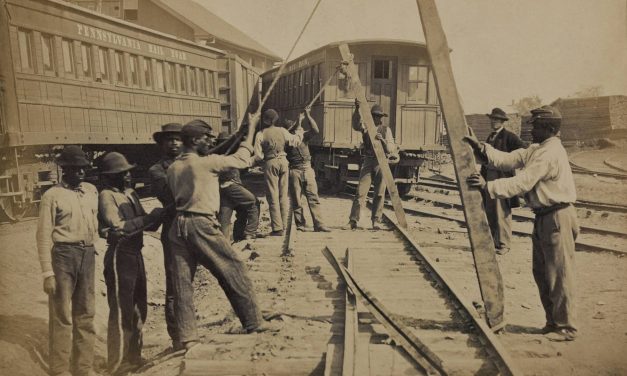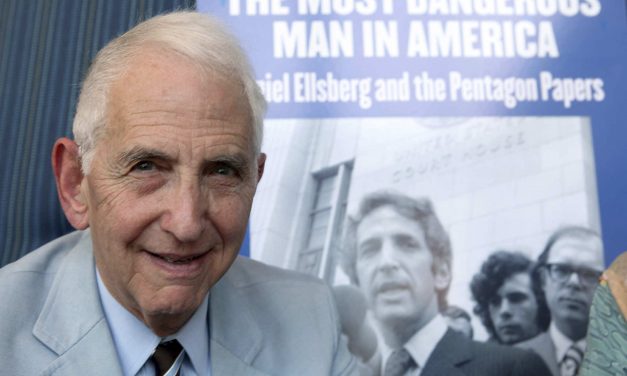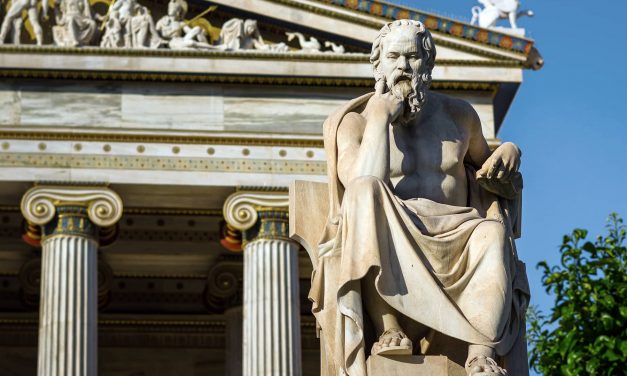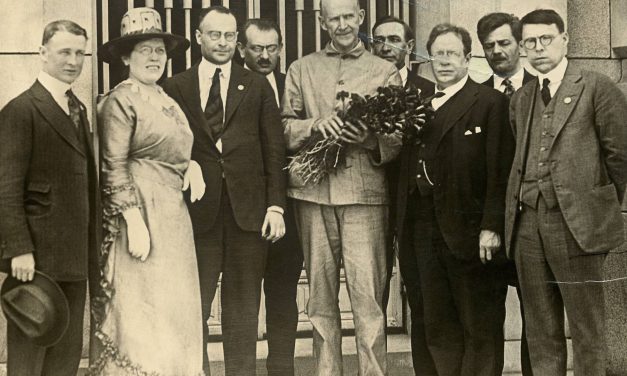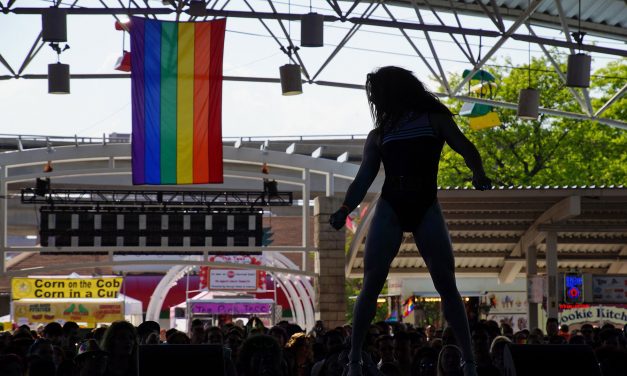Untold Stories: Why enslaved Black people stayed in slaveholding states to help others find freedom
By Viola Franziska Müller, Postdoctoral researcher and lecturer in history, University of Bonn For generations, the Underground Railroad has been the quintessential story of resistance against oppression. Yet, the story is incomplete. What is far less known is that the majority of enslaved people who fled Southern slavery before the 1863 Emancipation Proclamation never crossed the Mason-Dixon line to freedom in the Northern states. Instead, they remained within the slaveholding Southern states. As a scholar of slavery, labor and resistance, I have written about the thousands of enslaved Black people who gravitated to the burgeoning cities and towns of...
Read More
